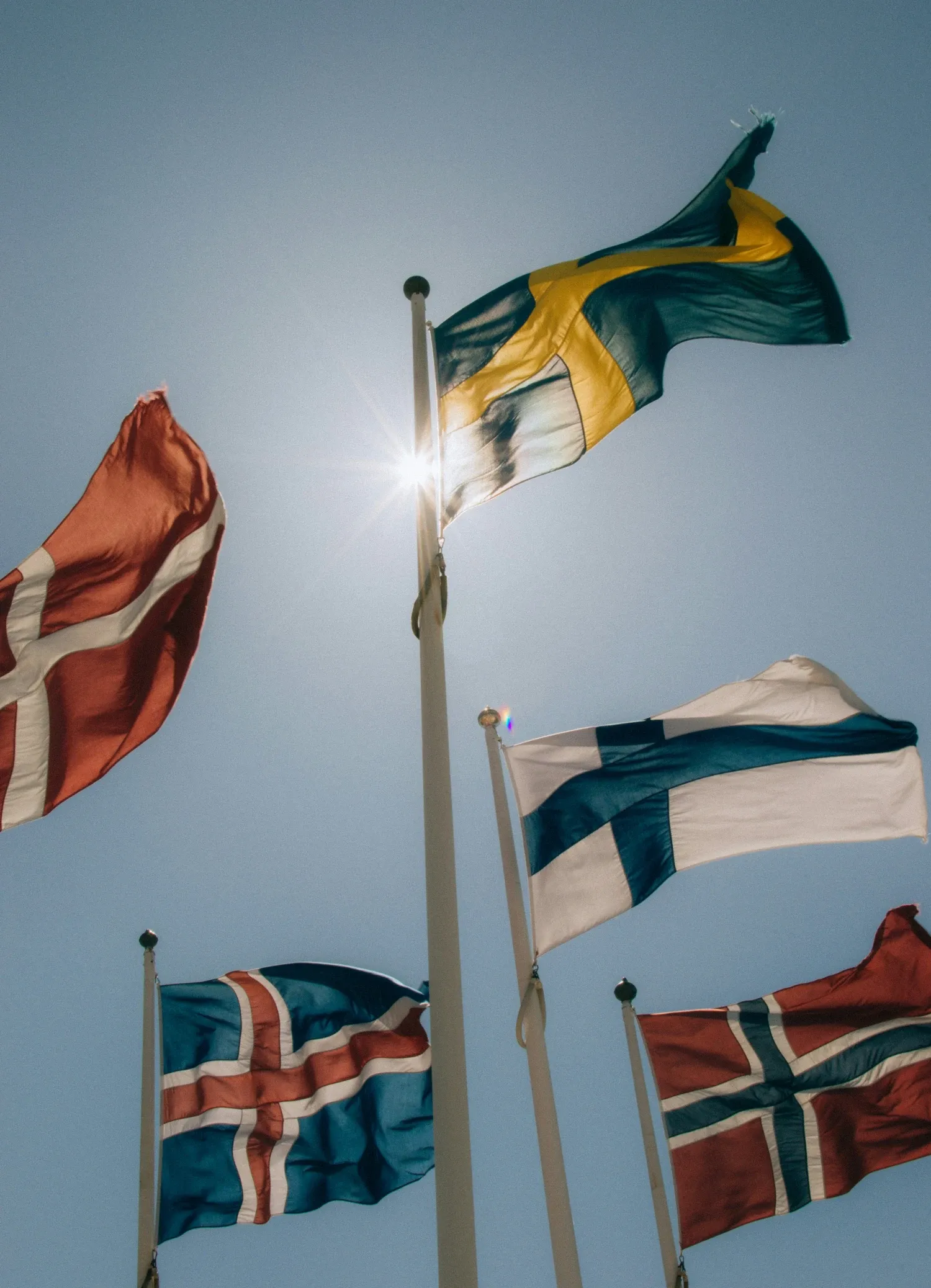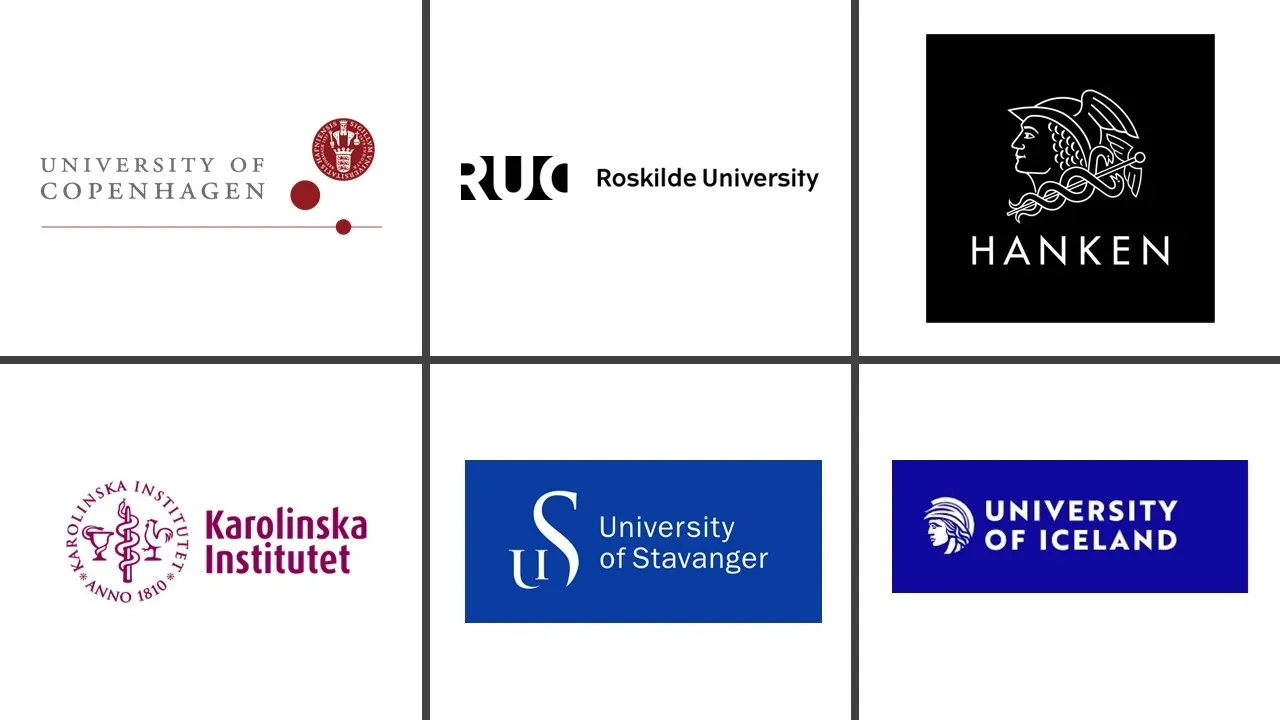Nordic Health Crises University Network
The Centre for Health Crises coordinates the newly established Nordic Health Crises University Network. It consists of members from universities in all the Nordic countries. The aim is to help strengthen Nordic preparedness, resilience and capacity to respond to health crises. The focus is particularly on co-operation in the areas of pandemic preparedness and response, and extreme weather events and climate change.

About the network
The starting point is that universities possess a wealth of expertise and knowledge that is often underutilised in health crises. Through increased interdisciplinary, Nordic, collaboration and problem-solving within academia, and in partnership with other societal actors, this expertise and knowledge can reach out to help support decision-making and catalyse policy and behavioural change. This in turn would make Nordic societies better prepared for future health crises.
Like the Centre for Health Crises, the network has an all-hazards perspective on health crises and has a Nordic perspective in its work. It focuses in particular on two thematic areas: pandemic preparedness and response, and extreme weather events and climate change.
The network aims to establish and promote increased interdisciplinary co-operation between Nordic universities and policy makers in the field of health crises, through a number of different activities. It was established in early 2025 thanks to funding from Nordforsk.

Objectives of the network
- Develop long-term co-operation on health crises between universities in the Nordic countries
- Support universities in formulating action-oriented, evidence-based policies and practices in health crises and encourage increased dialogue with policy makers.
- Establish the role of universities in future health crises with a focus on Nordic preparedness and response
- Catalyse interdisciplinary research collaboration on health preparedness and resilience in health systems
Project partners
The network consists of project partners from all the Nordic countries, and through each partner the network has access to a wide range of contacts and opportunities for co-operation with other Nordic universities and policy makers.
- The Centre for Health Crises, Karolinska Institutet (KI), Sweden - mobilises and coordinates interdisciplinary expertise and know-how in health crises. The Centre coordinates the Nordic Health Crises University Network. Caroline de Groot, Johan von Schreeb, Anna Zorzet, Petter Ljungman and Maja Fjaestad represents the Centre in the network's activities.
- University of Copenhagen (UCPH), Denmark - the Copenhagen Centre for Disaster Research (COPE) is a platform for inter-disciplinary research, teaching and networking on disasters and climate change issues. COPE is represented in the network by its director, Emmanuel Raju.
- Roskilde University, Denmark - the Department of Social Sciences and Business has several associated trans-disciplinary research groups on crisis management and societal pressures. It is represented in the network by Olivier Rubin.
- University of Stavanger, Norway - The research group Risk Management and Societal Safety's expertise lies in both national and trans-boundary resilience, preparedness and response to crises. It is represented in the network by Claudia Morsut.
- Hanken School of Economics, Finland - The Humanitarian Logistics and Supply Chain Research Institute (HUMLOG Institute) was established in 2008 and hosts researchers worldwide in the area of humanitarian logistics. Gyöngyi Kovács and Wojciech Piotrowicz represent the HUMLOG Institute in the network.
- University of Iceland, Iceland - The Centre of Public Health Sciences (CPHS) has conducted large population-based studies assessing the impact of adverse life experiences, including the COVID-19 pandemic on mental and physical health. Edda Bjork Þórðardóttir and Thor Aspelund
Contact

